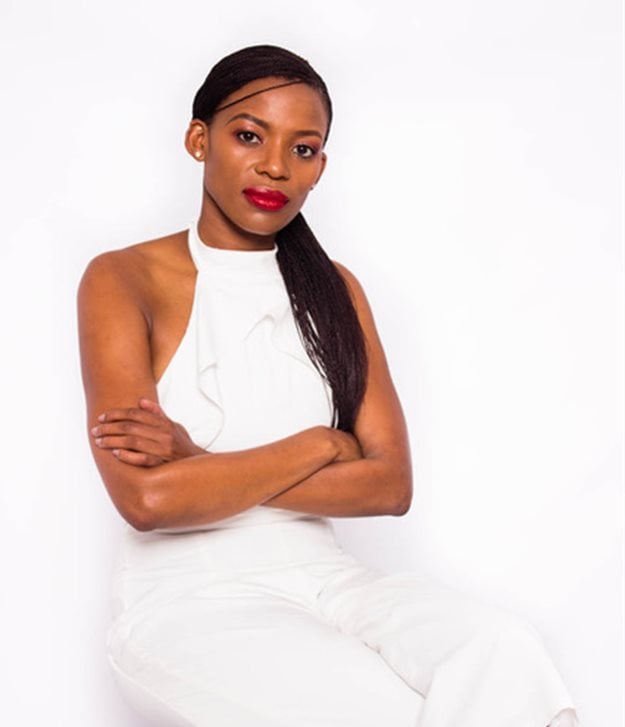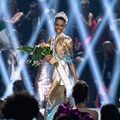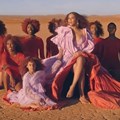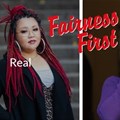Marketing & Media trends
Industry trends
BizTrends Sponsors
Trending




 Sabre EMEA 2024 Awards: Razor PR, Retroviral top SA agenciesDanette Breitenbach
Sabre EMEA 2024 Awards: Razor PR, Retroviral top SA agenciesDanette Breitenbach
Jobs
- Marketing Manager Johannesburg
#BizTrends2020: The rise of afro-natural beauty as an advertising trend

South African women are major consumers of beauty and personal care products. They have shown loyalty to brands and everchanging market trends. Market research published by Beauty Africa estimated that the beauty industry in the Middle East and Africa is worth about $27.1bn in 2018. With South Africa representing $4.5bn.
All women all around the world have been influenced or are aware of the longstanding Eurocentric beauty standard that is often portrayed in films, magazines and mass media platforms at large. That is the tall thin girl, with long straight hair, and the list goes on.
The natural crown rises
Miss Universe 2019, Zozibini Tunzi's win, reaffirmed natural African beauty. In many media interviews, Zozibini raised awareness on the stigma attached to natural African hair. Historically natural African hair has been associated with unprofessionalism and untidiness. Zozibini’s win, in her own natural crown, challenged this perception.
Brands will be inspired to embrace natural crowns in beauty and fashion advertising as a means to connect deeper with the African consumer.
The natural skin colour
Research from The World Health Organisation reported that 40% of African women bleach their skin. The Association of Black Psychologists in the US, reported that colourism — preference for lighter skin — affects an individual’s self-esteem, perceptions of beauty and economic opportunities.
Oscar-winning actress Lupita Nyong'o said that she experienced colourism as a child and even in her acting career. She has since released a children’s book called, Sulwe, about a girl with darker skin than her family and anyone at school. The book has since become A New York Times bestseller!
Beyoncé released Brown Skin Girl, a song that celebrates the darker African skin tone and raises awareness to the issue of colourism.
Beauty brands have innovated their products over the years to include different skin types and tones. There is an opportunity for brands to connect with darker-skinned consumers on the issue of colourism to create awareness, change perceptions and build an enduring relationship with their consumers by playing their part.
Including nature’s touch
We have started to see the inclusion of models with albinism and vitiligo. LA-based brand Wet n Wild, selected Diandra Forrest, a model with albinism to star as the face of its 2019 beauty campaign. Brands like Primark and CoverGirl have been praised globally for featuring models with vitiligo.
This was a miss for Dove, as not all beauty and personal care products are good for people living with both albinism and vitiligo. Although the inclusion of people living with different skin conditions is good for raising awareness and changing the face of beauty, brands need to make informed decisions to build their credibility and loyalty.
Bending the invisible rules
In 2020 and beyond we will see a shift towards authentic natural African beauty and uniqueness. Women all around the world have battled with self-esteem, self-acceptance and self-love. The role of brands is to partner with their target audiences on their journey to self-love and acceptance. Brands that bend the invisible beauty and fashion advertising rules, will show their audiences that they are moving with the times. This will build distinctive brands, that are forces to be reckoned with, not just product pushers.









